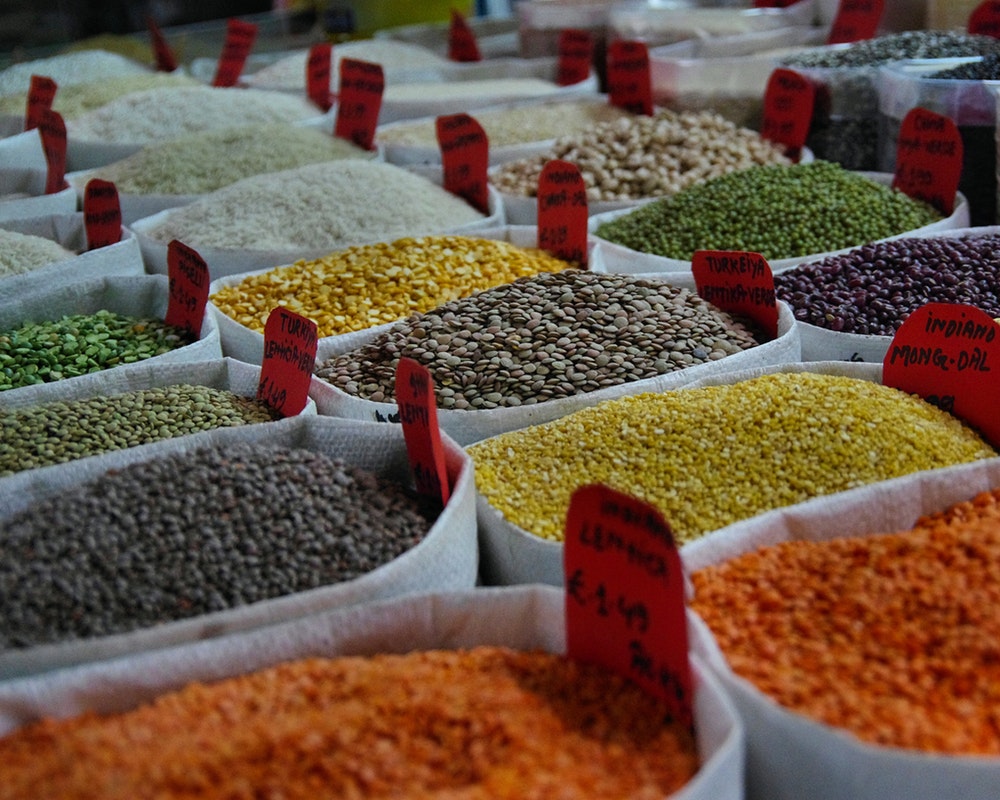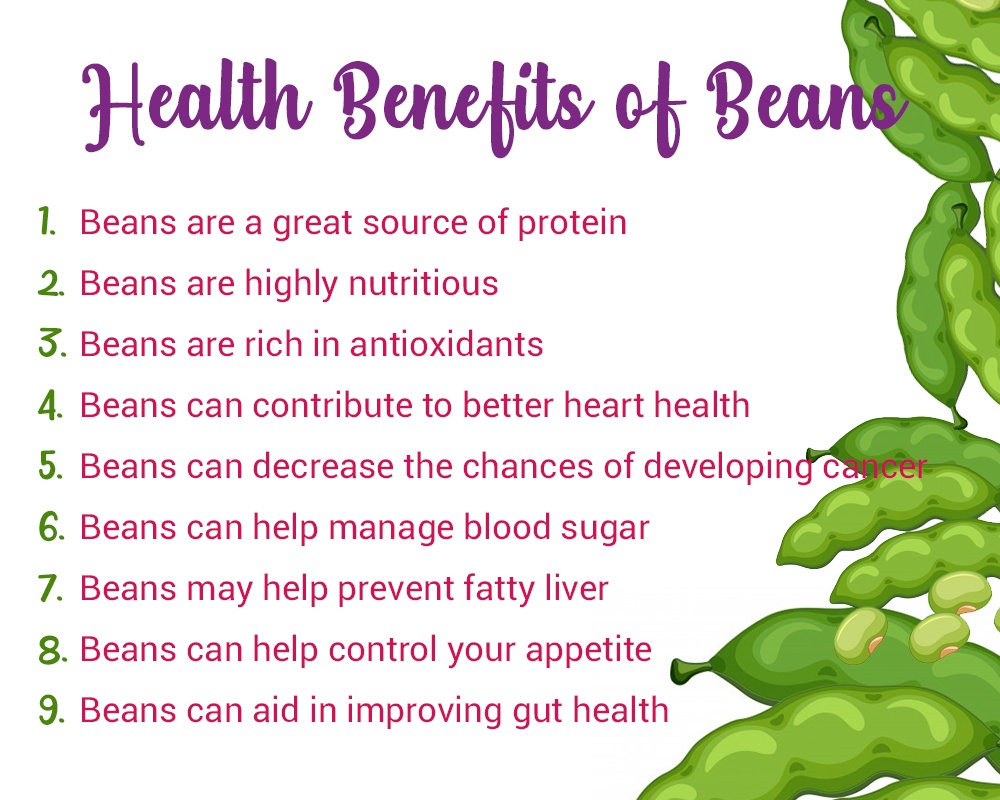
Protein is important for building and developing muscle and tissue and most people get their recommended daily requirement of protein through the food they consume such as meat products. According to the Center for Disease Control and Prevention, a healthy individual should consume around fifty (50) to one hundred seventy five (175) grams of protein per day to meet the recommended daily dose of protein which should ideally be around ten (10%) to thirty-five (35%) percent of total calories consumed per day. The question then is- are beans a complete protein?
Beans and Their Protein Contribution to Our Bodies
While beans have one of the highest protein contents within plant based food items, beans do not have all the essential amino acids needed in an individual’s diet. As such, some vegans and vegetarians may find it difficult to complete their protein nutritional requirement if they rely solely on plant based food items such as beans. Beans though, obviously have an advantage over their meat based counterparts as they can provide a significant amount of the protein required by the body without all the harmful saturated, trans fat and cholesterol normally associated with red meat and other meat based food items.
How much protein do beans have exactly? Evidence suggests that soybeans, one of the richest sources of protein for plant-based food items, have around 28.5 grams worth of protein per cup. Other beans such as navy and pinto beans both provide around sixteen (16) grams of protein per cup white kidney beans have an estimated fifteen (15) grams worth of protein. Beans such as lima, garbanzo, or chickpeas also have significant amounts of protein. Aside from these protein benefits, however, there are other health advantages to consuming beans.
Health Benefits of Beans
It has been established that beans are great for one’s health especially for those who wish to go on a vegan or vegetarian diet. Beans are not only healthy, but they are rather tasty and filling as well. Below are some of the other health benefits of beans:
1. Beans are a great source of protein
Protein is a vital nutrient that the body requires in order for it to ensure muscle growth and development. Most animal-based food products have complete protein. But beans like soybeans have the most number of essential amino acids are obviously a great source of protein.
2. Beans are highly nutritious
Beans are not only rich in protein but they are also rich in other nutrients as well. Folate is present in significant amounts in dried beans and therefore can help the body fight against weakness, fatigue, heart palpitations, loss of appetite and irritability. Aside from Folate, beans also contain zinc, iron, magnesium and fiber.
3. Beans are rich in antioxidants
Antioxidants are substances that delay or prevent cell damage and beans can be a good source of antioxidants. Beans contain polyphenols which fight against free radicals. Free radicals are chemicals that cause a multitude of different chemical processes in the body such as aging, cell damage, formation of cancer cells and inflammation.
4. Beans can contribute to better heart health
Beans can aid the body to better combat a slew of various cardiovascular health problems. This plant based food item can help fight heart attack and stroke. A 2013 study showed that those who ate significant amounts of beans had a reduced risk of coronary heart disease. In fact, it was also noted that eating beans may lower cholesterol which consequently, lowers the the risk factor for heart disease and heart attacks.
5. Beans can decrease the chances of developing cancer
Evidence suggests that beans may reduce the chances of developing cancer. This is due to the fact that beans have antioxidants and anti-inflammatory properties. Increased antioxidants coupled with anti-inflammation can decrease the chances of an individual to develop cancer.
A research back in 2015 showed that antioxidants from beans can help fight against intestinal cancer, and that black beans had the highest rating for being an antioxidant. Another study conducted in 2016 also indicated that Northeast China Black beans somehow slowed the development of colorectal cancer cells and even helped destroy some of the cancer cells in the body.
6. Beans can help manage blood sugar
Due to its high fiber content, beans have been shown to help reduce and management blood sugar and glucose levels. A study conducted in 2015 showed that soybean leaves can help the body manage and maintain blood glucose and sugar levels. Beans also aid the healthy functioning of the pancreas, a vital organ that produces insulin. A healthy pancreas translates to better insulin production and better management of blood sugar levels.
7. Beans may help prevent fatty liver
Fatty liver is a condition where unwanted fat gets deposited into the liver and eventually results in liver damage such as cirrhosis. An animal study in 2016 showed that adzuki beans may prevent the accumulation of fats in the liver of lab mice. Further studies with human test subjects may need to be conducted to confirm this observation but the data is promising in terms of the health benefits of beans in maintaining a healthy liver.
8. Beans can help control your appetite
The high fiber and healthy starches found in beans can help suppress cravings and appetite. People who feel “full” after eating a healthy amount of beans may eventually lose weight. The feeling of fullness help them avoid overeating and binge snacking on unhealthy food items.
9. Beans can aid in improving gut health
Beans, specifically black beans, have been shown to contribute to the better functioning of the gut as they can improve intestinal barrier function and increase the number of healthy bacteria in the gut. This combination of better intestinal function and increased healthy bacteria may help prevent various gut-related diseases.
Beans may not be a complete protein source. But they are certainly a healthy alternative for those who wish to get their protein fix from plant-based food items. In addition, beans have other health benefits aside from their rich protein such as enhanced heart health and improved management of blood sugar.
